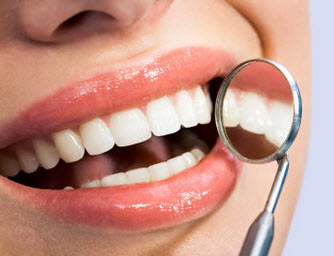
October is here!! It’s crunch time to get everything done that we haven’t gotten done during the rest of the year. For those with remaining dental benefits, it’s also the time of year to consider utilizing those so you don’t lose them.
Unused dental benefits go directly back to the insurance company, which generates hundreds and hundreds of thousands of dollars for the insurance companies each year. Dental insurance companies count on the fact that many people will not claim their $1000 or so in benefits by the end of the calendar year. Those with dental benefits should look for legitimate means to use these benefits before they are lost.
For example, perhaps a crown… (Read More)








